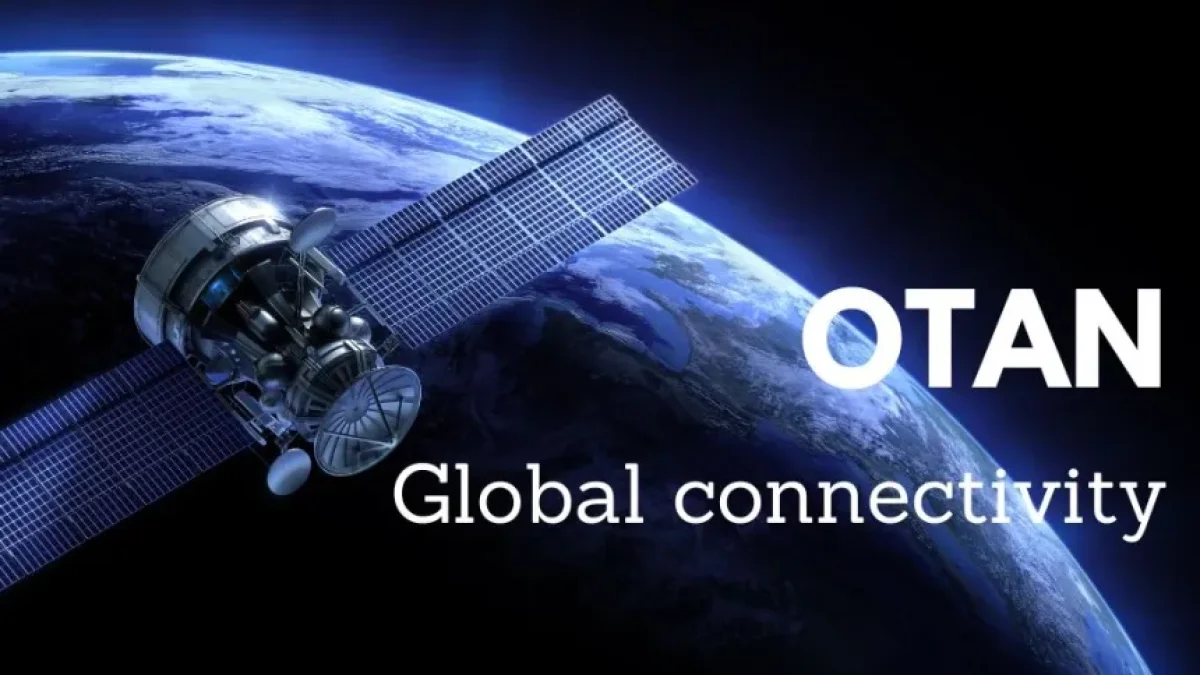NATO plans thousands of satellites to ensure global connectivity.


The North Atlantic Treaty Organization (NATO) is developing an ambitious plan that includes the launch of thousands of satellites. This project aims to ensure global connectivity and reduce dependence on submarine cables, which are vulnerable to cuts and attacks. The initiative is part of NATO's effort to update and strengthen its communications infrastructure in the face of growing threats in the global landscape.
The Vulnerability of Current Infrastructures
Connectivity Issues in the Modern World
Currently, the majority of international communications rely on a network of submarine cables. These cables are essential for the functioning of the internet and other telecommunications. However, their fragility makes them an easy target for cyberattacks or damage from natural phenomena. Cuts in these cables can lead to significant interruptions in connectivity, affecting both institutions and citizens.
The Need for a Strategic Response
Recognizing these challenges, NATO seeks to develop a solution that enhances the resilience of communications. The proposal includes the installation of thousands of satellites that will operate in low Earth orbit. This will not only increase communication capacity but also provide redundancy in the event of failures in terrestrial infrastructures.
Read also
Details of the Satellite Project
Features of the Program
NATO's program includes a series of satellites that will be designed to work together, creating a network capable of covering hard-to-access regions and providing real-time connectivity. The satellites will have the capacity to offer communication services and logistical support both to military forces and humanitarian aid missions.
Benefits of Satellite Implementation
- Redundancy: Space coverage will minimize the impact of any interruptions in the submarine cables.
- Accessibility: A network of satellites will improve connectivity even in remote areas, facilitating access to information and resources.
- Real-time Efficiency: Communications will be faster and more effective, a crucial factor in crisis situations.
International Collaboration
This NATO initiative is not being carried out in a vacuum. The organization is seeking to collaborate with private companies and international allies to develop the necessary technology and secure funding for the project. This may also open the door to new business and innovation opportunities in the technology sector.
Implications for Security and Defense
Strengthening NATO's Strategic Position
Access to a satellite network will enable NATO member countries to enhance their crisis response capabilities. Furthermore, it will strengthen collaboration among nations by facilitating information sharing and joint operations. This is particularly important in the current context of increasing technological and military competition among global powers.
Read also
Preparedness Against Emerging Threats
The implementation of this satellite network will also allow NATO to stay at the forefront of emerging threats, such as cyberattacks and natural disaster situations. The ability for continuous communication will ensure that allied forces are always prepared and coordinated, regardless of external circumstances.
Conclusion
NATO is making significant strides toward creating a satellite network that guarantees global connectivity and reduces vulnerability to submarine cable cuts. This project represents a significant investment in the security and defense of member countries, highlighting the importance of resilient and modern communications infrastructure.
I invite you to continue reading more news of this kind on my blog, where you will always find updated and relevant information on world affairs.



















